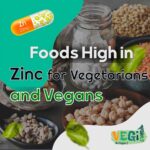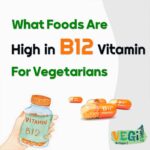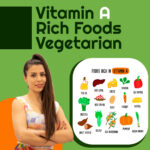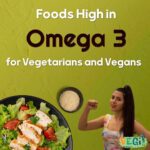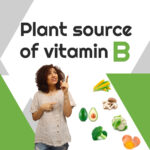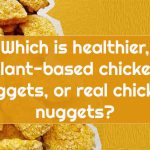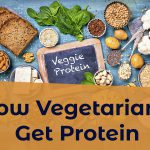Foods High in CoQ10 for Vegetarians and Vegans
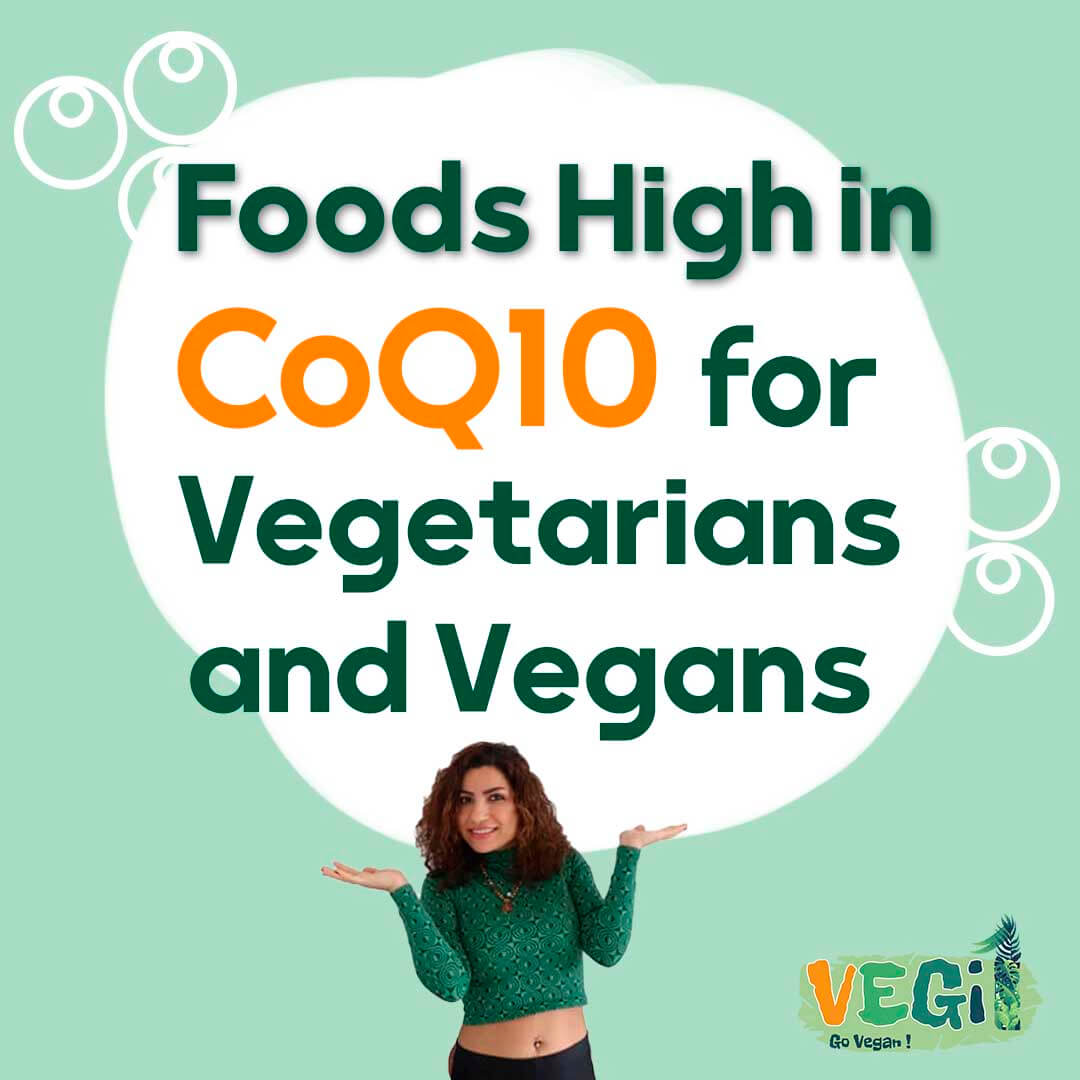
Looking for plant-based sources of coenzyme Q10? Check out this article for a list of foods high in coQ10 for vegetarians and vegans.
we examine the Plant Sources of Coenzyme Q10 , and a list of foods rich in CoQ10 for vegetarians and vegans is given.
Coenzyme Q10 is also known as ubiquinol and is an important part of the process that generates energy in every cell. It is a potent antioxidant that protects against cell damage and keeps your immune system strong.
Coenzyme Q10 is found primarily in foods that are rich in fats, oils, and animal products
Meat eaters get the coenzyme Q10 they need from foods rich in fat, oil and animal products, but as a vegan, I will introduce you to sources that you can get the coenzyme your body needs without the need to eat animal meat or animal products.
In this article, we examine the plant sources of coenzyme, and a list of foods rich in CoQ10 for vegetarians and vegans is given.
Do Vegan Omega-3 Supplements Work as Well as Fish Oil?
In this article you will read:
Are vegans low in CoQ10?
There is no definitive answer to this question since there is no one-size-fits-all answer when it comes to veganism and CoQ10 levels. Some vegans may be low in CoQ10 due to their diet or lifestyle, while others may have adequate levels. The best way to determine if you are low in CoQ10 is to speak with a healthcare professional and have your levels tested.
Reasons to Incorporate More Foods High in CoQ10 into Your Diet – For Vegetarians
There are many reasons to incorporate more foods high in CoQ10 into your diet, especially if you are a vegetarian. CoQ10 is a powerful antioxidant that can help protect your cells from damage and may also help improve your cardiovascular health. CoQ10 has been shown to lower blood pressure and LDL cholesterol levels, and it may also help reduce the risk of heart disease and stroke. CoQ10 is found naturally in some foods, but it is also available in supplement form. If you are a vegetarian, you may want to consider taking a CoQ10 supplement to ensure that you are getting enough of this important nutrient.
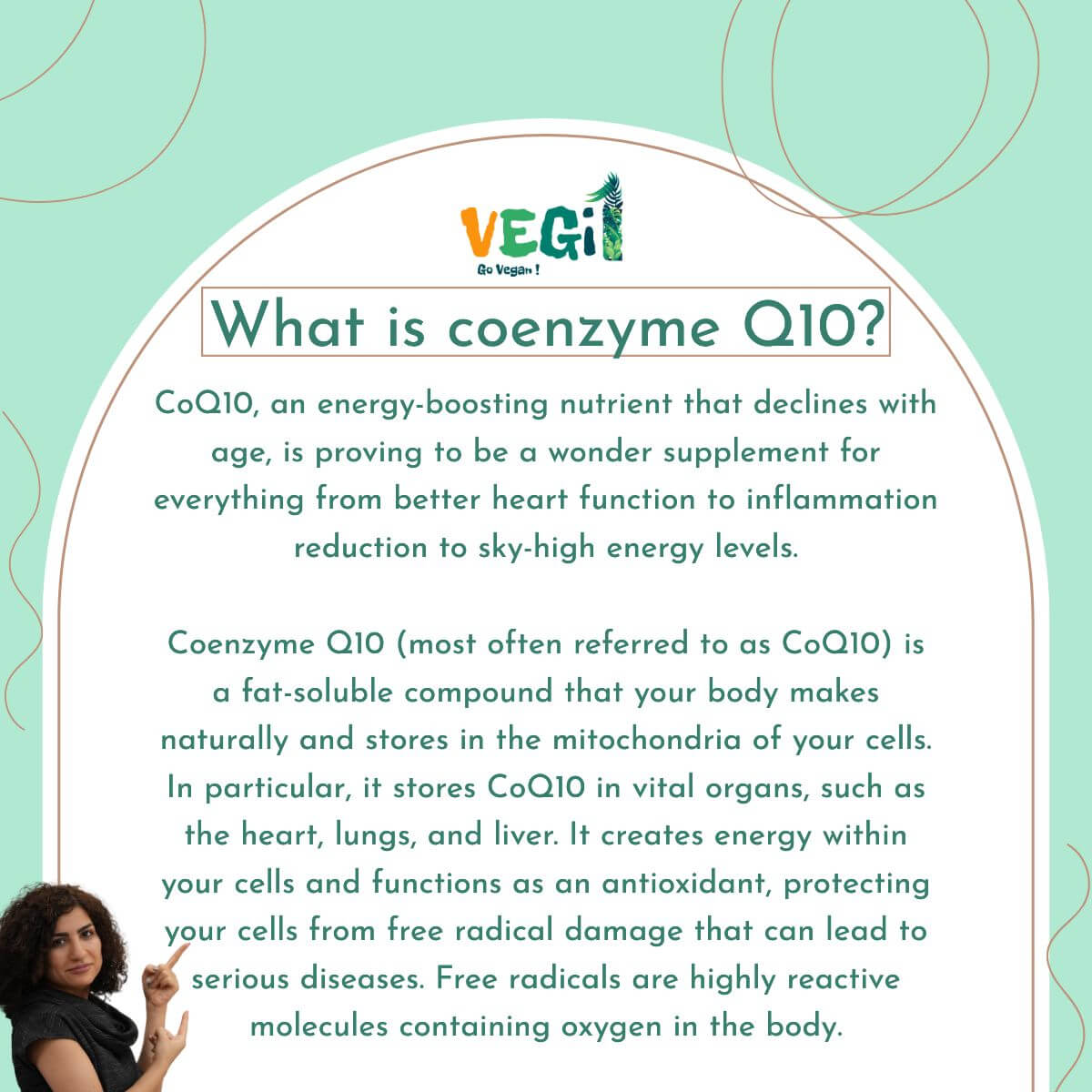
How do vegans get CoQ10?
CoQ10 is a naturally occurring antioxidant that supports heart health and helps maintain healthy blood pressure. CoQ10 is an important nutrient that’s found in foods like whole grains, nuts, and leafy greens. It’s also produced naturally by the body,
Vegans can get enough CoQ10 by eating a variety of plant-based foods. Vegan foods rich in CoQ10 include chia seeds, almonds, Lima beans, spinach and Brussels sprouts. They also can take supplement or eat foods that contain added CoQ10.
One way to get more CoQ10 in your diet is to take a supplement. There are several other vegan options besides chia seeds and almond milk that can deliver an ample amount of CoQ10 as well. Some examples include wheatgrass juice, spirulina and aloe vera gel. These options can all be taken as supplements or blended into smoothies or juices for extra nutrition and a boost of energy.
One option is brewer’s yeast, which is a rich source of both folate and CoQ10. Brewer’s yeast also provides B vitamins and other nutrients that are important for health. Be sure to check the label to make sure brewer’s yeast isn’t processed with any fillers or added sugars.
Another option is spirulina, which is a type of blue-green algae that grows in fresh water ponds and lakes. Spirulina is high in protein and antioxidants, which can help support a healthy immune system. Like brewer’s yeast, spirulina is also an excellent source of B vitamins and other nutrients.
While brewer’s yeast can be purchased at most grocery stores, spirulina can only be found online or at specialty health stores.
What food contains CoQ10 naturally?
There are a few vegan foods that contain CoQ10 naturally, including:
- Nuts and Seeds: Almonds, peanuts, pistachios, pumpkin seeds, and sunflower seeds are all good sources of CoQ10.
- Beans and Legumes: Black beans, lentils, and soybeans are all excellent sources of CoQ10.
- Fruits and Vegetables: Broccoli, cabbage, carrots, spinach, and tomatoes are all great sources of CoQ10.
- Whole Grains: quinoa, brown rice, and oats are all excellent sources of CoQ10.
Top 4 Foods High in CoQ10 for Vegetarians and Vegans
CoQ10 In the early twenties, the amount of CoQ10 production decreases, also the lack of some vitamins such as B6, mitochondrial diseases, stress and unbalanced diet will decrease CoQ10.
If you recently chose a plant-based diet, you may encounter a decrease in CoQ10 in your body.
CoQ10 is an antioxidant that helps your body produce enough energy to keep you going. It’s found in the mitochondria of your cells, which are responsible for producing energy.
Luckily, there are plenty of foods rich in coenzyme Q10 that will give you a boost without having to eat meat:
-
Nuts
Walnuts are rich in CoQ10, but so are almonds, cashews and macadamia nuts. They’re also high in omega-3 fatty acids, which have been linked to lower cholesterol levels and reduced risk of heart disease.
1. Sunflower Seeds: 10 mg per 1/2 cup serving (8 seeds)
2. Cashews: 5 mg per 1/2 cup serving (20 nuts)
3. Peanut Butter: 4 mg per 1/4 cup serving (60 grams)
4. Pistachios: 3.5 mg per 1/2 cup serving (60 grams)
-
Whole Grains
Whole grains like barley and brown rice contain significant amounts of coenzyme Q10. So does wheat germ, which can be added to cereals or used in baking recipes.
-
Leafy Greens
Dark leafy greens like spinach and kale contain small amounts of CoQ10, as well as other nutrients like iron and calcium that help your body function properly.
Avocados , Broccoli and kale is a rich source of CoQ10
-
Soybeans
Soy and products made from soy, such as soy milk, soy yogurt, and tofu, are considered the best source of protein and CoQ10 for vegetarians and vegans.
It is better to know that the amount of CoQ10 in cooked soybeans is 1.2 mg per 100 grams. Also, in tofu is 0.3 mg and soy milk is 0.25 mg
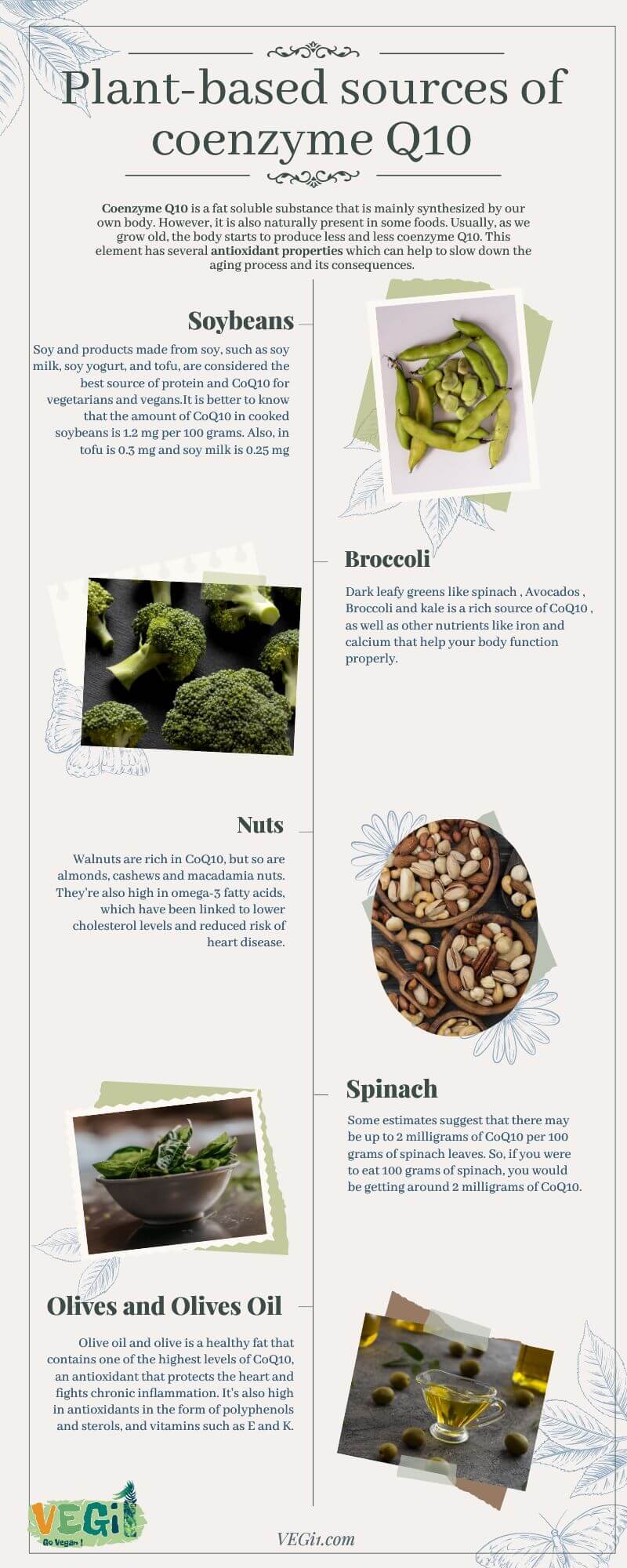
How does the body make coq10
The body makes coenzyme Q10 (CoQ10) in the mitochondria of all cells. The process begins with the amino acids tyrosine and phenylalanine, which are converted into 4-hydroxybenzoate and 4-aminobenzoate. These two molecules are then combined to form CoQ10.
The body produces coq10 in the liver. This substance is important for the production of energy in the body, and it also functions as an antioxidant.
Top 31 plant-based sources rich in coenzyme Q10
Most of the articles on the internet tell you that the strong sources of CoQ10 are animal meat and fish, but in the table below I am going to introduce plant and vegetable sources rich in CoQ10.
A vegan diet planned with the miracle of plants will provide all the necessary minerals for your body, and you will never need to eat animal meat.
Note: This list is sorted based on the highest amount of CoQ10
Guide to the table classes of CoQ10 level in source:
A=very rich CoQ10 source / Over 50 mg/kg
B =Rich CoQ10 source / 10 -50 mg/kg
C= Modest CoQ10 source / 5-10 mg/kg
D= Poor CoQ10 source / 1-5 mg/kg
| Row | class | Food rich in CoQ10 | CoQ10 (mg/kg) |
| 1 | A | Soybean oil | 166.4 |
| 2 | A | Olive oil | 82 |
| 3 | A | Peanut oil | 77 |
| 4 | A | Corn oil | 76 |
| 5 | A | Rapeseed oil | 68.5 |
| 6 | B | Sesame oil | 32 |
| 7 | B | Peanuts | 26.7 |
| 8 | B | Sesame seeds | 20.3 |
| 9 | B | Pistachio nuts | 20.1 |
| 10 | B | Walnuts | 19 |
| 11 | B | Cottonseed oil | 17.3 |
| 12 | B | Hazelnuts | 16.7 |
| 13 | C | Sunflower oil | 9.6 |
| 14 | C | Almond | 9.4 |
| 15 | C | Natto | 7.8 |
| 16 | C | Broccoli | 7.3 |
| 17 | C | Corn germ | 7 |
| 18 | C | Chestnuts | 6.3 |
| 19 | C | Wheat germ | 5.2 |
| 20 | D | Rice bran | 4.9 |
| 21 | D | Safflower oil | 4 |
| 22 | D | Sorrel | 3.6 |
| 23 | D | Chinese cabbage | 3.3 |
| 24 | D | Sweet potato | 3.3 |
| 25 | D | Sweet pepper | 3.3 |
| 26 | D | Garlic | 3.1 |
| 27 | D | Tofu | 2.9 |
| 28 | D | Pea | 2.5 |
| 29 | D | Cabbage | 2.1 |
| 30 | D | Millet | 1.4 |
| 31 | D | Buckwheat | 1.1 |
Vegan CoQ10 Supplements for Energy and Performance
If you’re low on CoQ10 and need to consider vegan supplements for cardiovascular health, here are some of the best vegan CoQ10 options available.
This supplement is perfect for those looking for a whole-food-based, non-GMO CoQ10. It includes cold-pressed chia seed oil, a fruit and veggie blend, and a probiotic mix. It uses ubiquinone, a common form of CoQ10 derived from a bacterial cycle involving live ingredients. The presence of high-quality fats enhances absorption.
Formulated with BioPerine to enhance CoQ10 absorption, this supplement is USP verified and delivers a potent dose of 100 mg per serving. It’s designed to improve bioavailability, making it highly effective.
This vegan supplement is designed for athletes and those needing an energy boost. It’s formulated for high absorption and is free from artificial ingredients. It helps increase energy production and supports heart health. It’s also gluten and soy-free, making it ideal for vegans.
With a maximum strength formula of 400 mg per serving, this supplement provides high absorption and is free from fillers and artificial ingredients. It’s made in GMP-compliant facilities in the USA. It supports cardiovascular health, boosts energy and stamina, and acts as a powerful antioxidant.
This third-generation CoQ10 supplement uses Hydro-Q-Sorb, a water-soluble form that enhances bioavailability. It’s vegan-friendly and free from artificial ingredients. It’s great for those looking to improve cardiovascular health and maintain
Summary and conclusion
When you consume foods that are high in antioxidants, it is extremely important to make sure you are getting enough CoQ10. When we consume too much CoQ10, it can turn into an antioxidant called Q10 Sulfate, which may not be as potent as other antioxidants. This is why it is important for vegetarians and vegans to consume foods that are high in antioxidants and low in CoQ10.
Fortunately, there are a number of foods that are rich in CoQ10, so making sure you get enough from your diet is important. The top 4 foods containing CoQ10 are listed below, along with their amount of CoQ10 per serving and an example of where you can find them:
1. Nuts – 1 cup contains 6.4 mg of CoQ10.
2. Peanuts – 1 ounce contains 5 mg of CoQ10.
3. Macadamia Nuts and Almonds – 1 ounce contains 3.5 mg of CoQ10.
4. Whole Grains – 1 cup contains 2.2 mg of CoQ10.
Did you know that you can get your body’s CoQ10 levels tested easily, and that there are many benefits associated with consuming more CoQ10? CoQ10 is a naturally occurring antioxidant found in foods like whole grains and nuts. When you consume more CoQ10, your mitochondria can produce more energy. This means you can produce more energy while at rest or while you exercise or eat. CoQ10 also helps protect your cells from oxidative damage. This means it can help protect against free radicals, which are chemicals that can damage cells, and can lead to cellular damage, cancer and heart disease. If you are a vegetarian, you can get your CoQ10 levels tested and make sure you are getting enough of this important antioxidant. If you are a vegan, and you want to increase your intake of CoQ10, you can do so through a variety of plant-based foods. The best bet is to get your CoQ10 levels tested first and then choose the best foods to consume based on the results. If you have any questions about CoQ10 or want to learn more about the health benefits of CoQ10, please let us know in the comments section of this article!
Here I will answer your questions about CoQ10
How much coq10 in spinach
There is no exact answer to this question since the amount of CoQ10 in spinach can vary depending on a number of factors, such as where and how the spinach was grown. However, some estimates suggest that there may be up to 2 milligrams of CoQ10 per 100 grams of spinach leaves. So, if you were to eat 100 grams of spinach, you would be getting around 2 milligrams of CoQ10.
How much coq10 in strawberries
There is no definitive answer to this question as the amount of coenzyme Q10 (CoQ10) present in strawberries can vary depending on a number of factors, such as the variety of strawberry, where it was grown, and when it was harvested. However, according to one study, the average amount of CoQ10 in strawberries is about 0.071 mg per 100 grams. Therefore, a rough estimate for the amount of CoQ10 in a typical strawberry would be around 0.007 mg.
what causes low levels of coq10
Sources:


